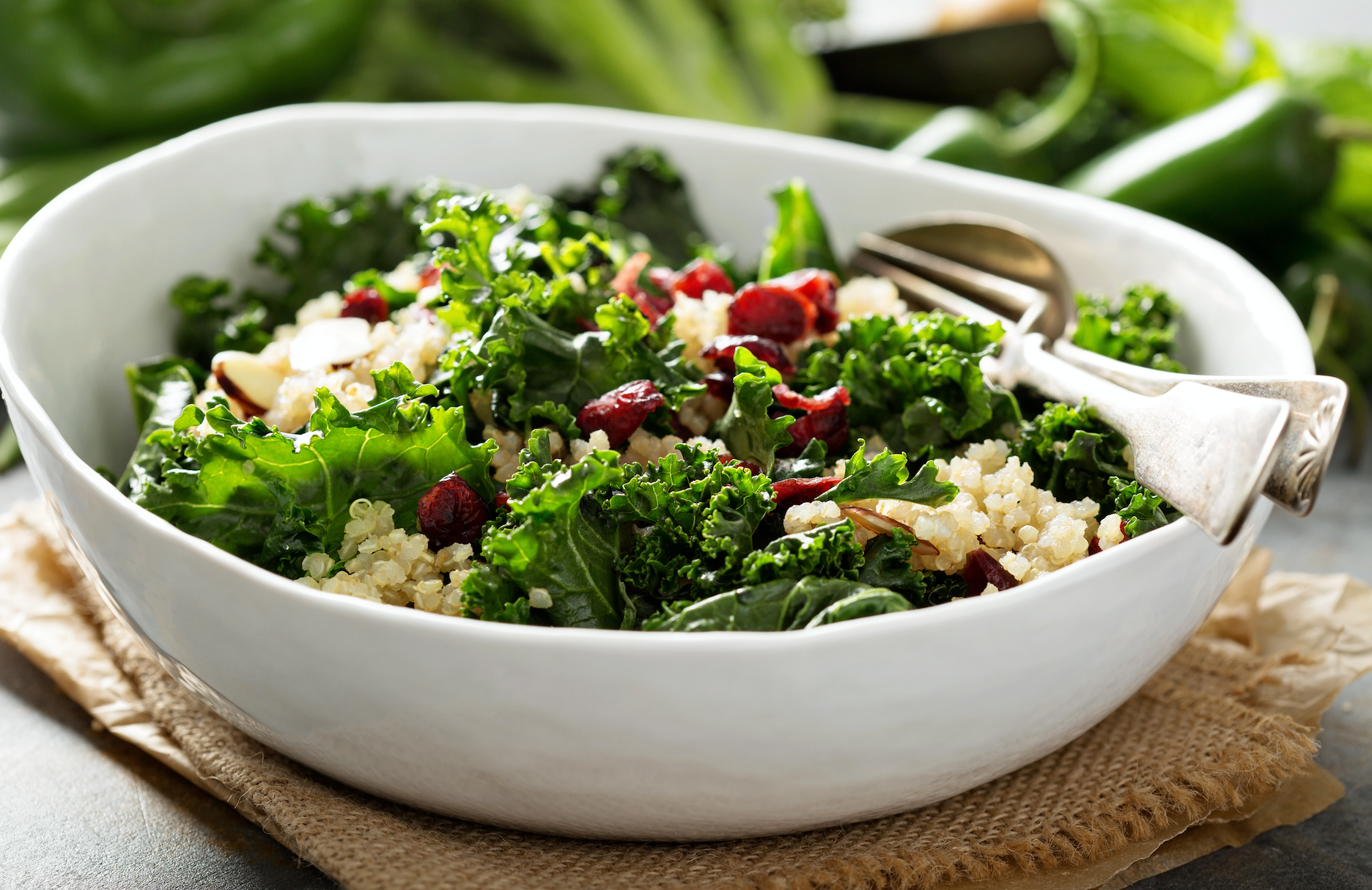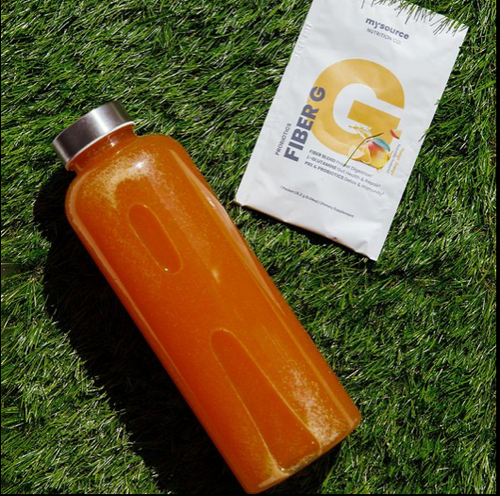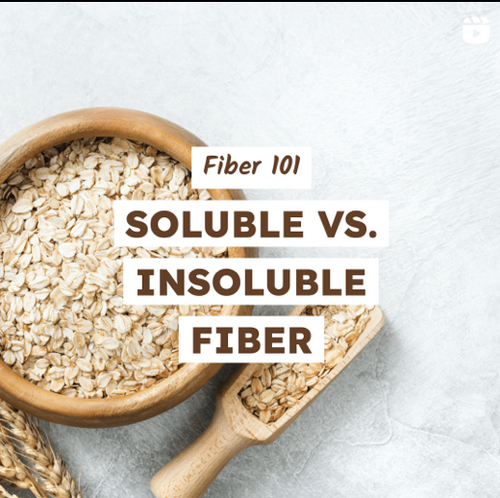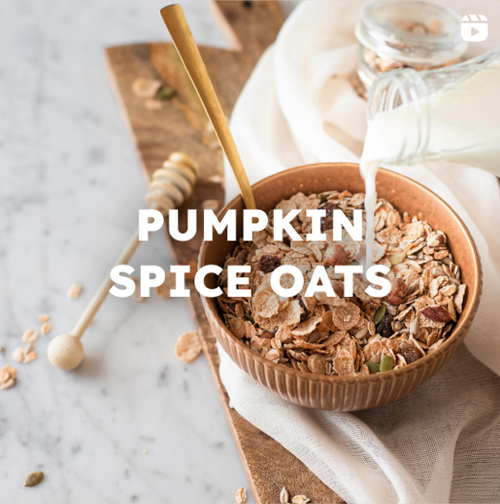Do you ever experience digestive distress after you're done eating? If so, pay close attention to the foods you are consuming on a daily basis and how they make you feel. While some foods provide amazing benefits for your gut and are easy to digest, other foods can be more difficult to break down, leaving your stomach feeling irritated and in discomfort. If this sounds familiar and you want to find out the culprit that continues to mess up your digestion, keep on reading to learn more about what specific foods to avoid if you have a sensitive stomach or problems with your digestion.
#1: Dairy products
One food group that can be hard to digest are dairy products, mainly because of lactose, the sugar found in milk and other dairy products. When lactose isn’t digested properly, such as in people with lactose intolerance, diarrhea, gas and bloating can result. In fact, over 65% of the world’s population cannot digest lactose. What causes this you may ask? In humans, a digestive enzyme known as lactase is responsible for breaking down lactose. This enzyme is especially important in infants, who need lactase to digest breast-milk. However, as you age, your body generally produces less lactase and by adulthood up to 70% of people don’t produce enough lactase needed to properly digest lactose.
If dairy is something you cannot live without, consider taking a digestive enzyme and probiotic supplement that contains lactase to aid in digestion. Yet, I personally recommend sticking to dairy-free foods and beverages to avoid any GI symptoms, discomfort or inflammation. You will be amazed how many alternatives to milk, yogurt and cheeses you will find, that taste just as good and will make you feel a whole lot better. Also, if you are consuming dairy for more calcium, keep in mind that you can get calcium from various food sources out there. For example, sesame seeds, spinach and collard greens are one of the highest calcium containing foods and are completely dairy free. Do some further research and start incorporating more foods into your diet that are rich in calcium.

#2: Acidic Foods
If you deal with heartburn or acid-reflux and can’t seem to figure out the culprit, take a closer look at your diet and write down how many foods and beverages you consume on a daily basis that are high on the acidic scale. Not sure which foods fall under that list ? See below to find out.
List of most Acidic Foods:
- Fruits including, Oranges,Prunes, Tomatoes
- Fresh and Processed Meats, Fish & Eggs
- Dairy, including Cheese
- Peanuts
- White Rice, Wheat products
- Carbonated Beverages, Soda & Diet Soda
- Coffee and Energy Drinks
- Alcohol
- Artificial Sweeteners, especially Xylitol, Aspartame
Foods that are acidic, can further irritate the lining of the stomach, which can result in heartburn or acid-reflux. Try limiting the intake of these foods until symptoms subside and focus on consuming foods that are more alkaline.
List of most Alkaline foods:
- Most Fruits and Vegetables (Especially Dark Leafy Greens)
- Potatoes & Wild Rice
- Soy, Tempeh, Seitan & Légumes
- Lime and Lemon
- Healthy Fat Sources such as, Nuts,Olive Oil and Avocados

#3: High Fat Foods
Foods that are high in fat taste delicious but when eaten in abundance, may lead to digestive distress. Fatty foods, including butter, bacon, mayo, cheese, oils, red meats and nuts stimulate contractions in the GI tract, which can either slow down the emptying of the stomach, resulting in constipation or speed up movement, leading to worsening diarrhea. The effect will vary from person to person, the type of fat consumed, as well as, the amount eaten.
Pay close attention to the signs your body is giving you after consuming a high fat meal. If you experience discomfort or digestive distress, cut back on highly processed fat sources as those mentioned above and focus on consuming fats that are found in whole food sources, including avocados, nuts and seeds. These foods in particular contain high amounts of omega 3-fatty acids, as well as dietary fiber and are known for their gut boosting effects.

#4: Fried & Processed Foods
The problem with fried foods is the same as with fatty foods — they can move, undigested, through the body too quickly, leading to diarrhea, or stay in your digestive tract too long, causing you to feel full and bloated. Many fried foods are low in dietary fiber and take longer to digest. So if you’re dealing with either diarrhea or constipation and want to focus on improving your overall health, you’ll want to avoid fried foods for a while.
A great alternative if you love fried food is to prepare your food in an Air Fryer. It will change your life and make everything you cook at home 10x more delicious and extra crispy.

#5: Spicy Foods
Whether you're eating Mexican, Indian or Asian food, most people's guts are sensitive to spicy food. Eating too much spicy food can irritate the lining of the stomach and result in diarrhea or abdominal discomfort. This is a normal reaction, as your body is trying to protect itself from potential harm. Does this mean that you should avoid spicy food altogether ? It depends. While some people only experience mild reactions, others are better off abstaining from hot foods altogether. Below are two ways you can ease some of the reactions you may experience whenever you choose to add some spice to your life:
- Try to eat your spicy food with a side of Kefir. It will help to calm the spicy sensation
- Eat a small amount of something sweet with the spicy food. This lessens or neutralizes the spicyness.
- Take a digestive enzyme supplement and probiotic with your spicy food. This may help with the digestion process and ease any abdominal discomfort you may be experiencing.
Whether you choose to ditch the spicy food or not, always remember-what is more important to you? Sticking to food options you know agree with your stomach or spending the next 30-45 minutes in the bathroom? The choice is yours.

#6: Artificial Sweeteners
Just because it’s zero calorie, doesn’t mean it’s good for you.
Are you a sucker for artificial sweeteners and zero calorie food items or beverages? Well, if so I'm sure you have experienced episodes of gas, bloating, abdominal discomfort and maybe even diarrhea. Keep in mind that artificial sweeteners are especially prevalent in "diet-friendly or keto" foods such as protein bars, sauces and salad dressings, sugar-free candy and gum, as well as diet beverages and energy drinks.
If you are sensitive to artificial sweeteners, make sure to always check the label before purchasing any food items and try to stick to foods that are unprocessed and naturally sweetened, including fruit, dates, honey, maple syrup and raw stevia.

#7: Cruciferous Vegetables
Cruciferous Vegetables, including Broccoli, Brussels Sprouts, Cabbage, Cauliflower, and Kale as well as Arugula, Bok Choy, Collard Greens, Radishes, and Watercress, among others. They're a great source of important nutrients such as Vitamins A, C, and K, as well as folate and various carotenoids like beta-carotene, lutein, and zeaxanthin, which have been noted for their antioxidant benefits. However, when consumed in abundance or uncooked, these vegetables can lead to loads of gas, bloating and stinky farts.
The good news-cooking cruciferous vegetables makes them easier to digest. Alternatively, you can replace them with other nutrient dense vegetables that are equally rich in vitamins and minerals but will not cause bloating. These include: spinach, zucchini, asparagus, carrots, ginger and celery.

#8: Onions & Garlic
If you are dealing with IBS you might have heard of FODMAPs. Garlic and Onions are high on the FODMAP, fructan. Fructan is a type of oligosaccharide that is isn't absorbed well in the small intestine causing a host of gut issues like gas, bloating, stomach pain, diarrhea, or constipation for some people. If you notice changes in digestion when consuming high FODMAP foods, consider looking into a Low-FODMAP diet and eliminate these foods for a few week until symptoms subside.
Furthermore, you can try substituting celery, collard greens, leeks, and fennel for onions. Alternatives to garlic can include other spices and herbs, such as chives and basil.

Tag & Follow us
- @mysourcenutrition
- #FiberG #Fibersupplement #GutHealth
Sources:
- Naidoo, U. (March 27, 2019). “Carrots 101: Nutrition Facts and Health Benefits.” Healthline. www.health.harvard.edu/blog/gut-feelings-how-food-affects-your-mood-2018120715548.
Welcome to MySource Nutrition
We are happy to welcome you to our community. Say goodbye to occasional constipation, bloating, sugar cravings and other gut related issues with MySource's Fiber G.







